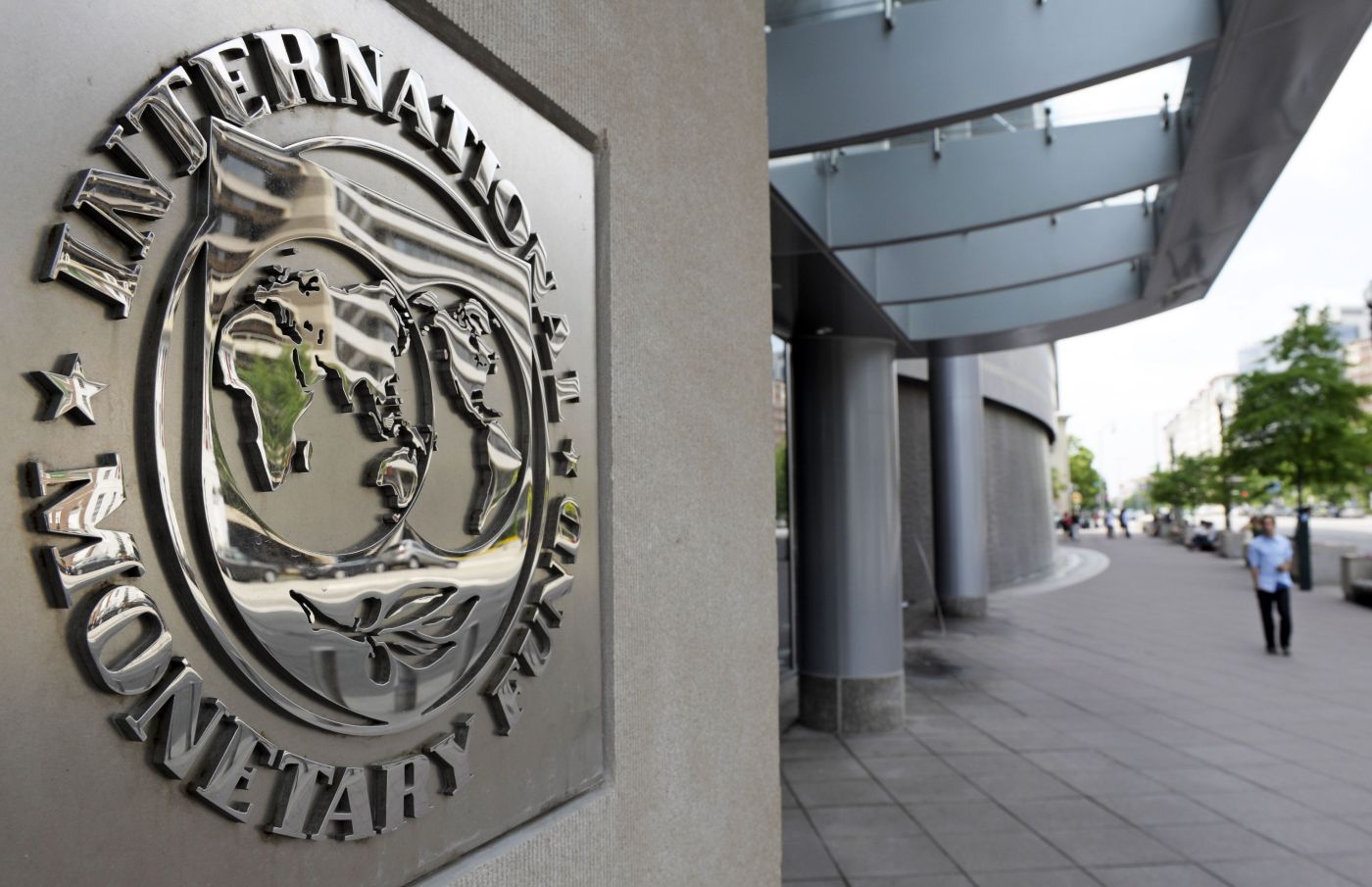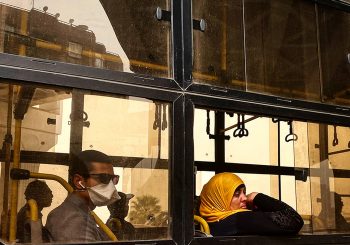Amid surging inflation and many Egyptians finding it difficult to make ends meet, the International Monetary Fund (IMF) said in a new report on Tuesday that Egypt “is off to a good start” in implementing its new economic reform program.
Despite having fallen short on cutting fuel subsidies and balancing its fiscal budget, the country is making progress at curbing public spending, boosting confidence among investors, and addressing the increased inflation rate generated by the new economic measures.
The promising performance demonstrated by the Arab world’s most populous nation allows the international lender to release a new $US 1.25 billion payout, bringing the total disbursement to $US 4 billion.
“Macroeconomic stability is still fragile and the reform agenda is difficult, but the authorities have demonstrated a strong resolve to contain the risks,” the IMF said in its first review since it agreed to lend Egypt $US 12 billion dollars as part of a program aimed at reforming the country’s struggling economy.
Following the decision by Egypt’s Central Bank to devaluate the country’s currency exchange rate against foreign currencies in November last year, annual inflation spiked, reaching 31 percent in April, the highest in 30 years.
Prior to the flotation measure, which was a key demand from the IMF, there had been a wide gap between US dollars in banks and in the parallel market. Following the flotation, the lender agreed to loan Egypt $US 12 billion in an attempt to restore the state’s economy.
According to the new report, the transition to a flexible exchange rate “went smoothly” and the “parallel market has virtually disappeared and central bank reserves have increased significantly.”
On its part, the economy’s fiscal deficit has been reduced through the implementation of a series of tough measures, including restrictions on employees’ wages, energy subsidy reform and a new value-added tax, the report said.
Although these measures allegedly would help “free up space for social spending to support the poor,” surging prices on consumer goods, such as sugar, wheat and oil, without similar increases in wages have left many Egyptians finding it hard to cover basic expenses.
The Egyptian economy has been in a state of crisis since the 2011 revolt that toppled former president Hosni Mubarak.
Since president Abdel Fattah al-Sisi gained power through a popularly-backed military take-over in 2013 there have been heavy crackdowns on dissent and civil society groups, leaving public disgruntlement over the economy largely unexpressed.
Economic performance remains at risk due to potential political instability and security threats, according to the report.
“Opposition by vested interests, corruption, and fear of escalating social tensions could derail structural reforms …Worsening of domestic security conditions could undermine market confidence and the business climate,” the IMF said.
The tourism sector, representing about 12 percent of the economy before 2011, has taken a heavy toll since the downing of a Russian passenger plane in October 2015 over the Sinai, killing 224 people onboard. Since then, the sector has been slow to recover, although progress is being made.







Comments (8)
[…] Monetary Fund (IMF) released a report on September 26 saying that Egypt is “off to a good start” and it further evaluated Egypt’s economic […]
[…] International Monetary Fund (IMF) released a report on September 26 saying that Egypt is “off to a good start” and it further evaluated Egypt’s economic […]